Warning: This article contains spoilers for Baby Reindeer.
It may be a bit early for Christmas, but that was never going to stop the ever-non-denominational Baby Reindeer from seizing the attention of Netflix viewers everywhere, plopping us in the middle of a realistic, terrifying ordeal before navigating it with omnipotent compassion.
Indeed, it’s easy to get caught up in the sensationalist bait that Martha’s antics admittedly invite in some way, but Baby Reindeer‘s strength lies not in the entertaining shocks, but in the deconstruction of the nuances that surround said shocks. It draws us in with “I can’t believe that just happened,” perhaps, but it’s the “Why is this happening” that truly keeps our attention throughout.
If Baby Reindeer somehow didn’t keep your attention throughout, or you’ve made the wise decision of preparing yourself as firmly as possible before watching, here’s what happens at the miniseries’ climax.
How does Baby Reindeer end?
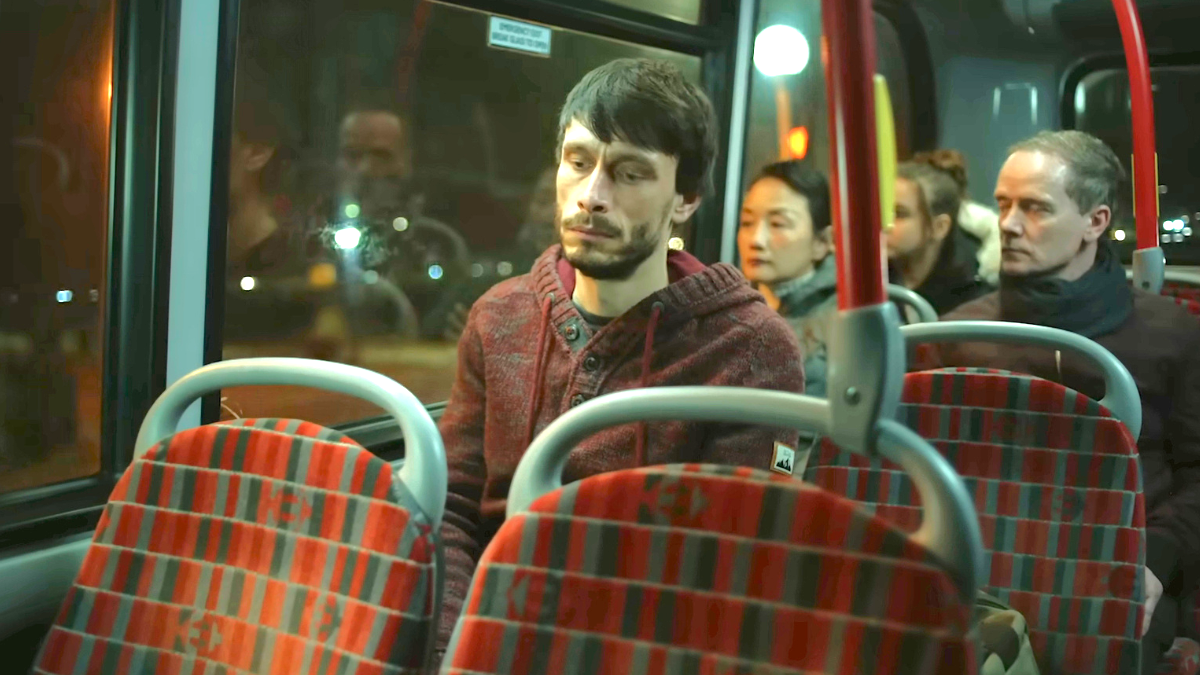
After Donny’s candid act at the comedy show, in which he opens up about everything that’s been plaguing his life and emotions, a video of his performance goes viral, and Donny is fielding call after interview after festival invite shortly after. This new high crashes a bit after Martha manages to get Donny’s phone number, which leads to a whole new echelon of harassment that peaks when she threatens to tell Donny’s parents about his sexual trauma and out him as bisexual. Donny confides in his parents before she can do that, however, and they receive him warmly.
Donny begins recording and transcribing Martha’s messages, one of which includes a stabbing threat towards his parents. Armed with this, Donny is finally able to get the police to take his case seriously, and Martha is taken to prison. The last time Donny ever sees her is when she’s led out of the courtroom by police.
Donny’s mental health begins to deteriorate, mourning both his unsalvageable relationship with his ex-girlfriend Teri and the sense of perverted, kinetic normalcy that Martha’s presence had once offered him. He copes by listening to Martha’s voicemails in order to make a timeline for the last two years of his life, but finds another lifeline in Keeley, who asks him to move back in with her mother, which he does. After moving in, he goes to the apartment of Darrien — the man who sexually assaulted him — with the intention of confronting him about his actions. Instead, however, he winds up chatting nonchalantly with and accepting a writing job from Darrien. He leaves the apartment shortly after and has a panic attack on the street.
Finally, Donny goes to a nearby bar and listens to a voicemail from Martha explaining why she always called him “Baby Reindeer” and his heart breaks for her. He orders a drink, realizes he forgot his wallet, and is offered the drink on the house by an attractive bartender.
Baby Reindeer ending analysis
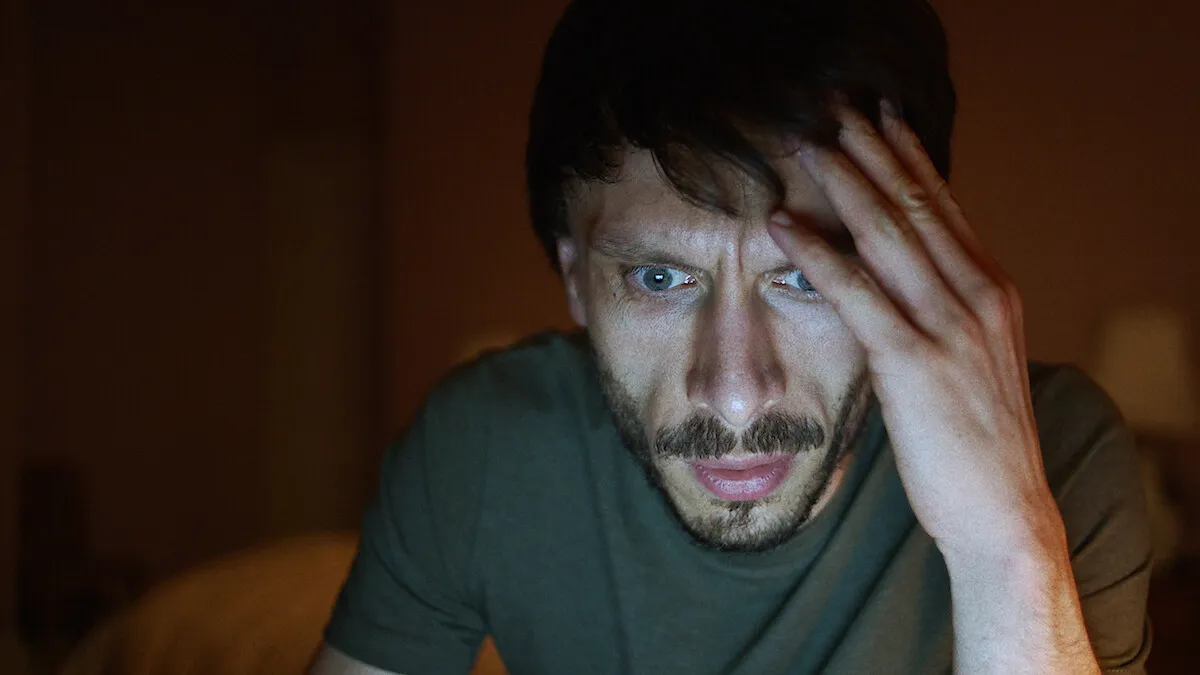
The series ends with the most overwhelming assertion yet, which it champions throughout; namely, the profound human complexities that inform how we behave, and how we respond to said behavior when we’re involved with it.
As Donny’s many narrated monologues make clear, the way that people behave have absolutely nothing to do with the people they involve in said behavior, and instead has everything to do with who they themselves are as a person. Furthermore, a person’s path to truly defining themselves is both informed and hindered by the experiences that they’ve had, depending on what stage they’re at in defining themselves. Prior to his aforementioned comedy act, Donny’s traumatic experiences (namely, the stalking and sexual abuse) were effectively controlling him with shame and fear, which damaged his relationship with Teri because of how those emotions caused him to act toward her (Teri, of course, internalized his actions, and that cycle continued). By giving language to his experiences in his very public act, however, Donny was able to take control of them for the first time and subsequently took the first step needed to rectify his relationship with himself; one where he wouldn’t feel ashamed of his sexuality, among other things.
Martha was not so lucky, however; her voicemail to Donny about why she called him “Baby Reindeer” indicates many a horrid experience in her past, ones that led her to behaviors that were not only harmful to herself, but quite severe to others as well. Donny, now intimate with that trauma-to-behavior dynamic, empathizes with Martha even more than he once did, even though he had to send her away for the safety of him and his family. Moreover, Donny seemingly wouldn’t have gone down this path of healing had he not met Martha and endured her behavior, so perhaps a small part of him feels grateful for Martha and wishes it never had to come to prison time for her given that she very clearly needs the help Donny inadvertently received.
It all comes to a front in that final scene, where Donny is given a free drink at the bar because the bartender felt sorry for him, much like how he became entangled with Martha because he gave her a free drink out of pity. It goes to show, then, that we’re all pretty much the same; we all do bad things because of bad things that were done to us, and we mistakenly make those bad things a part of who we are, rather than recognizing them as the emotional hurdles that stand in the way of who we actually are. Let’s just hope that Donny doesn’t become the new Martha now that a kindly bartender has extended an empathetic freebie.
In short, Baby Reindeer is important, and all seven episodes are available to stream on Netflix.

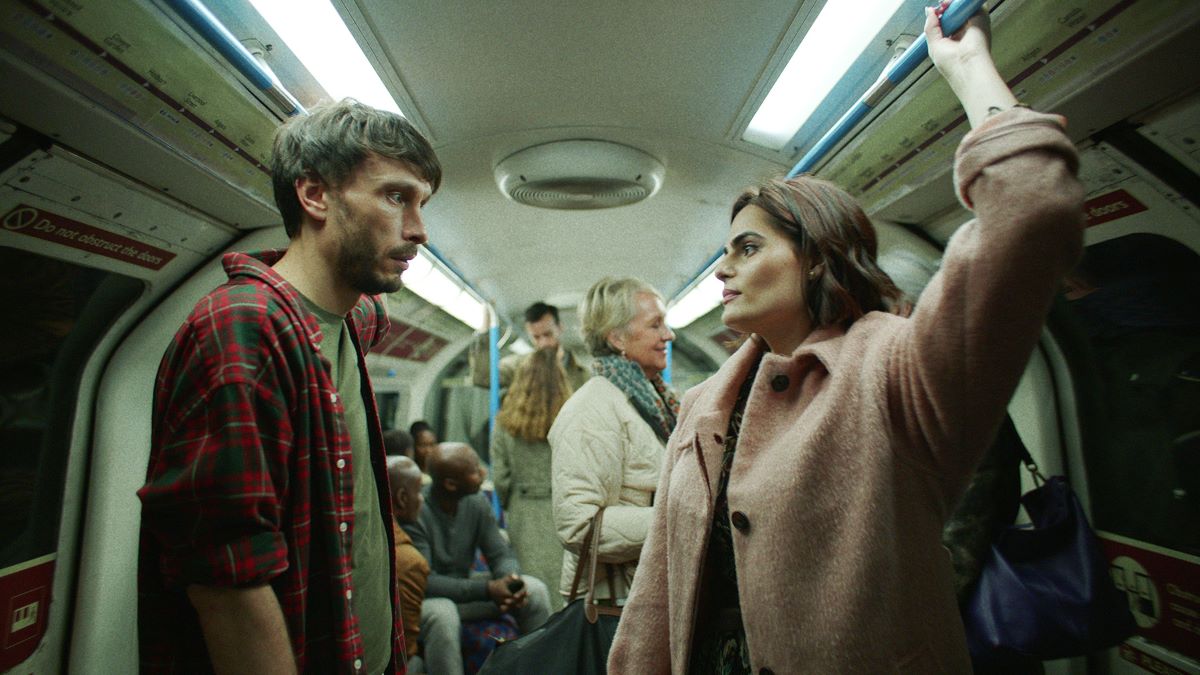
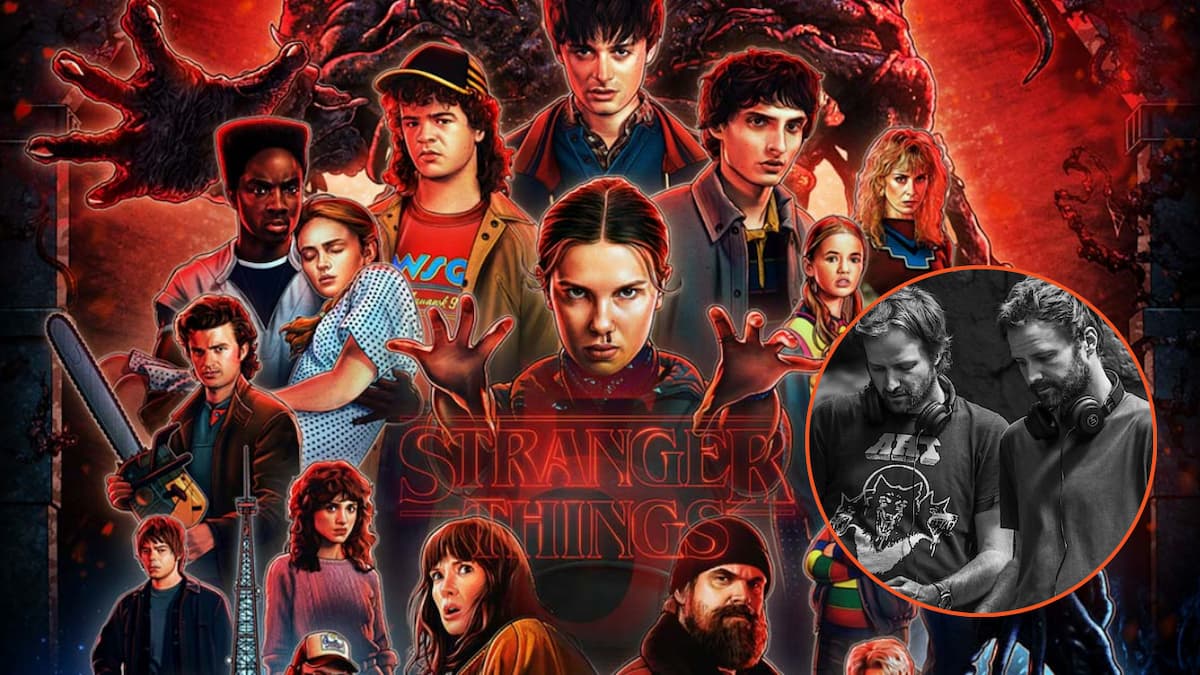
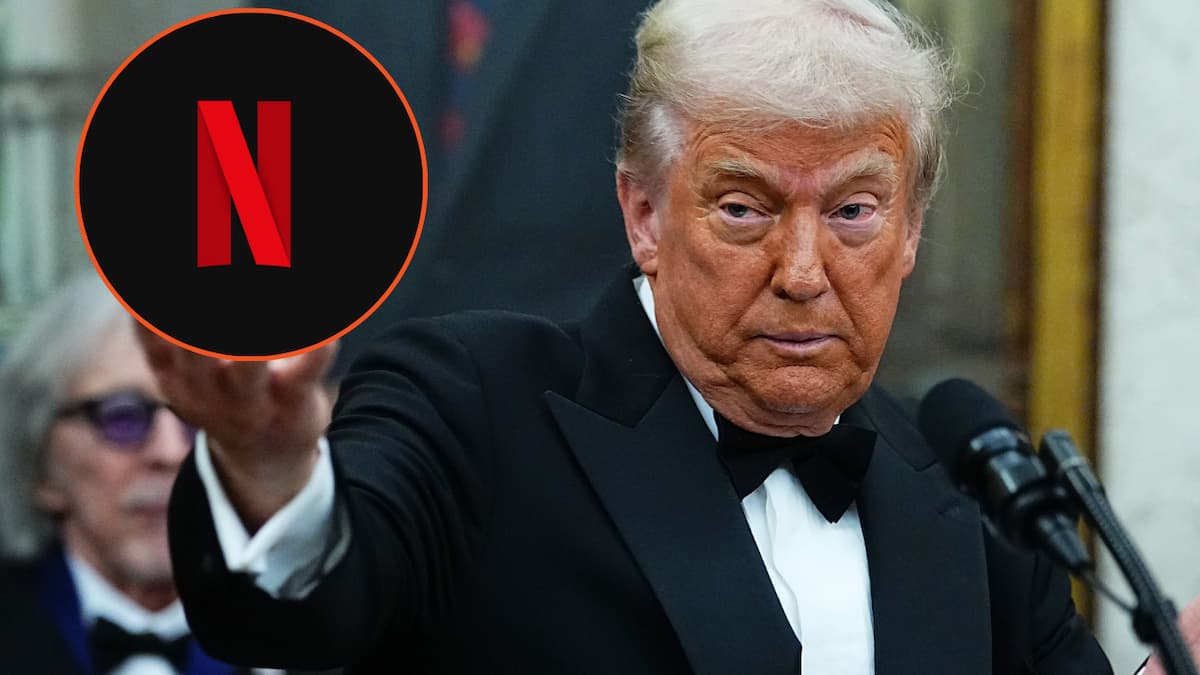
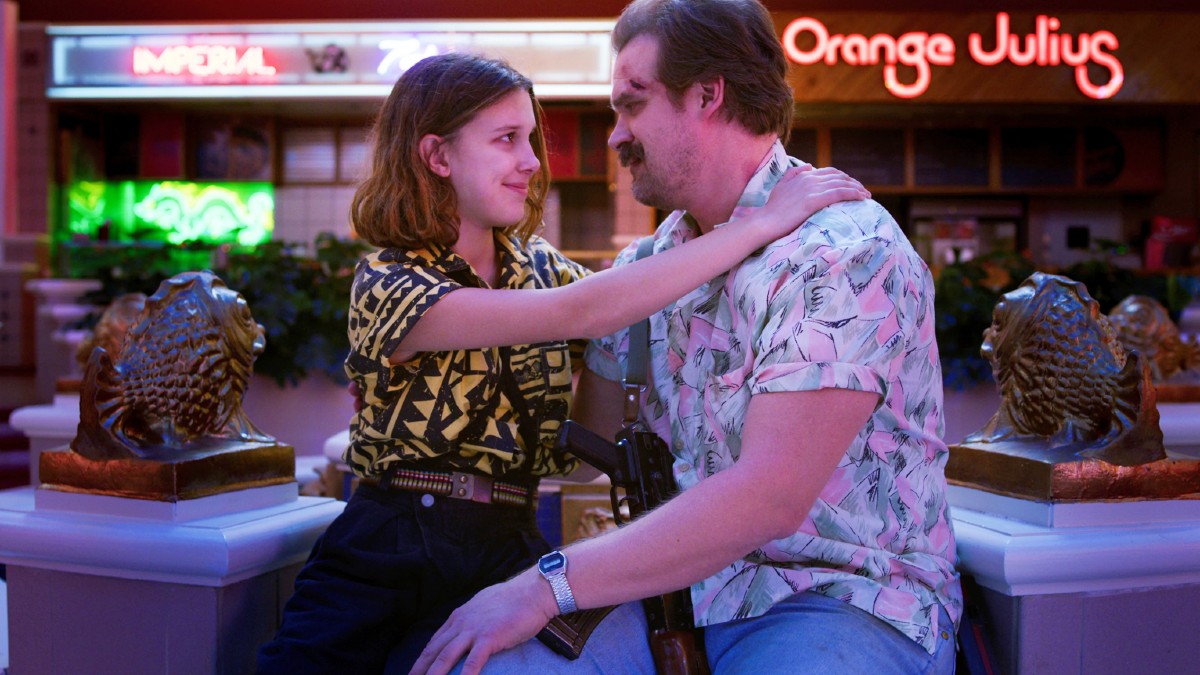
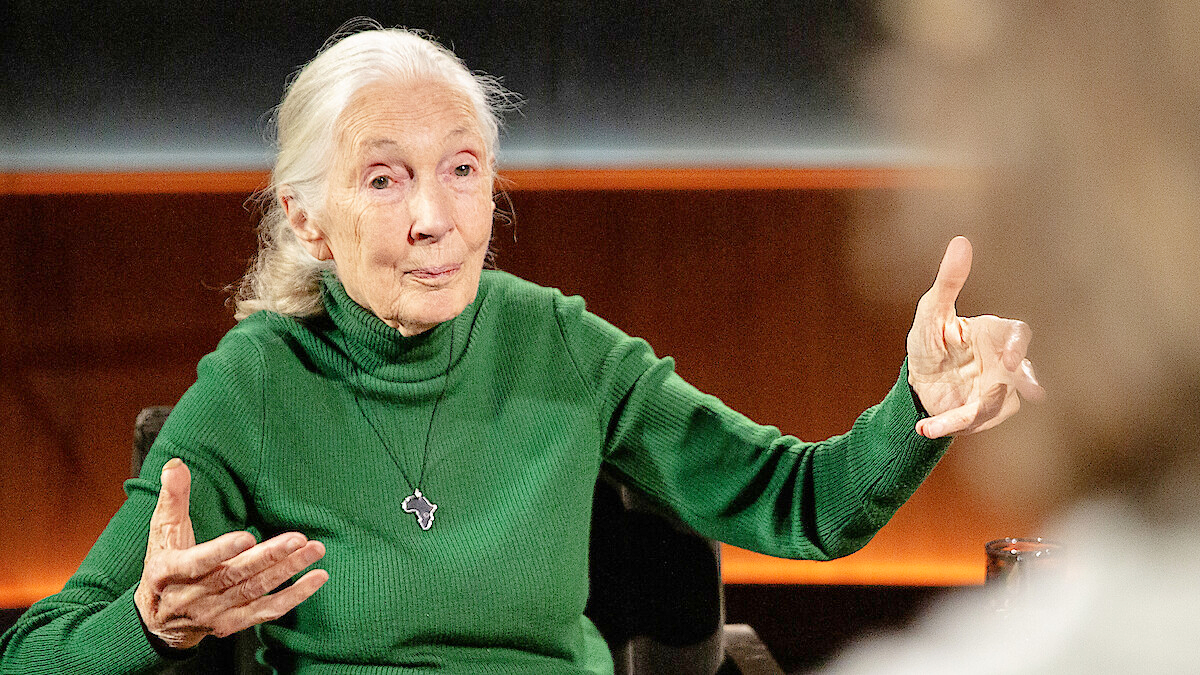
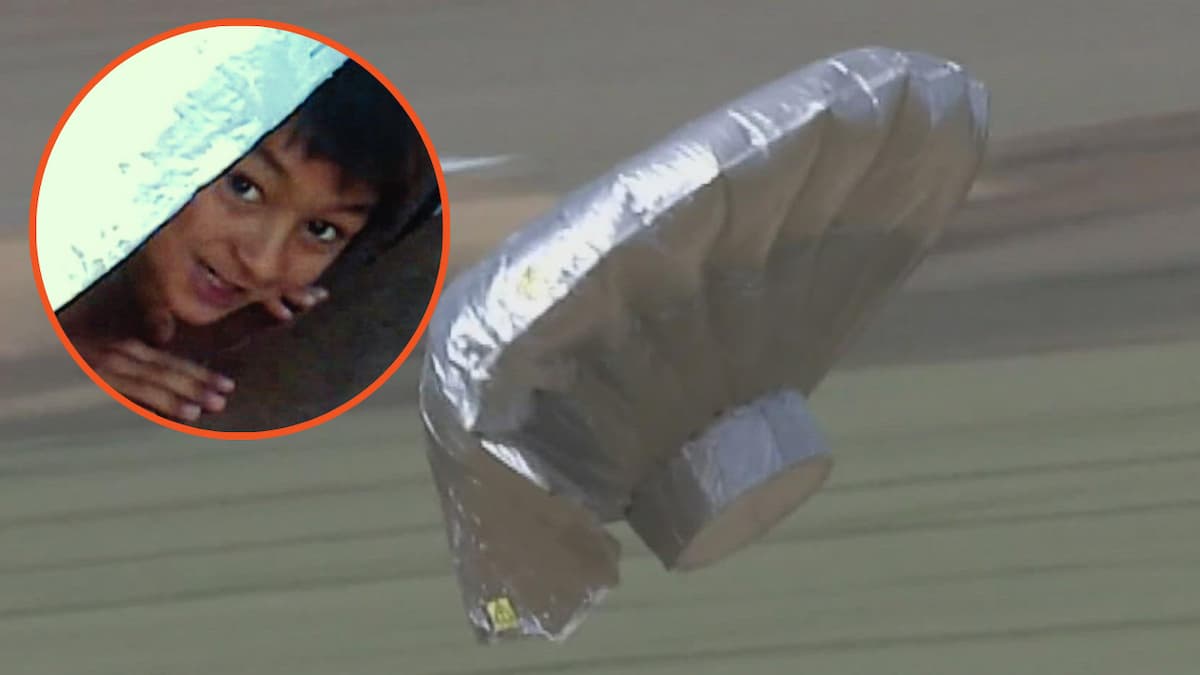
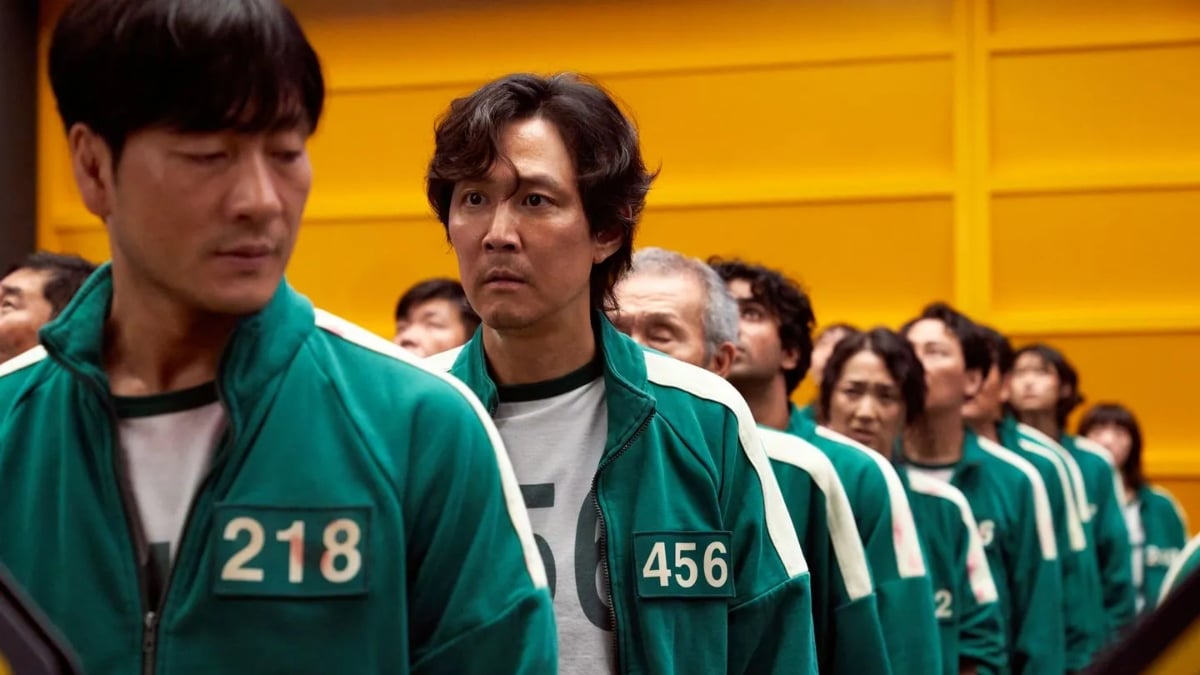

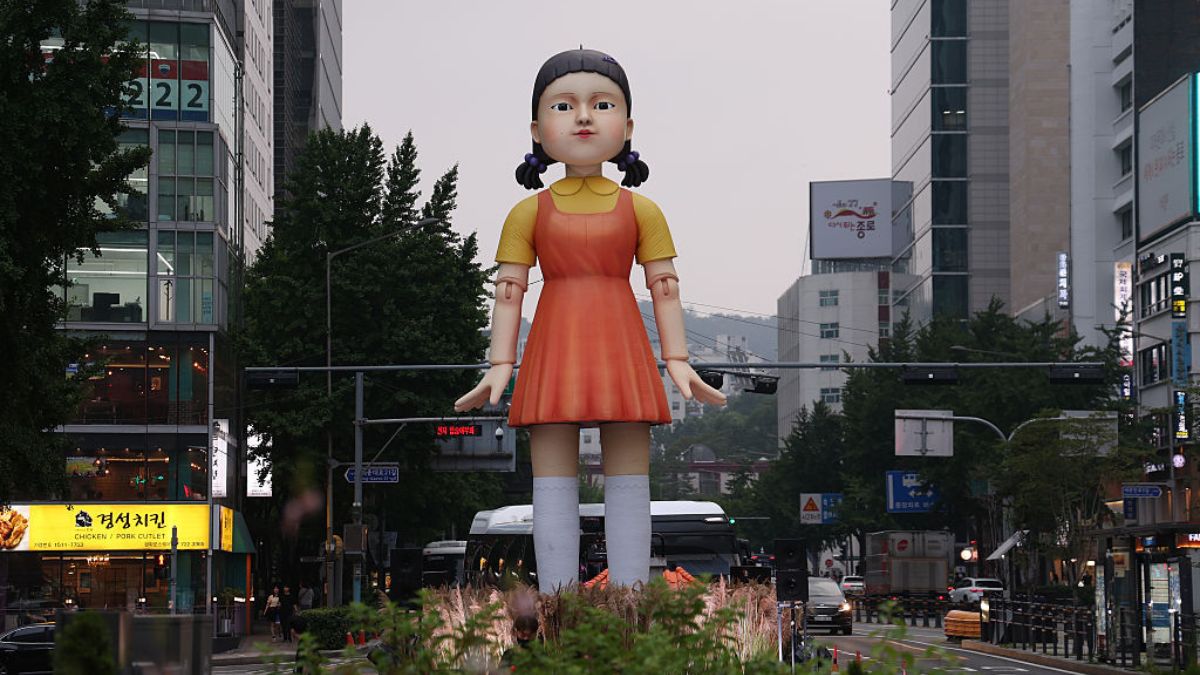

Published: Apr 25, 2024 11:50 am